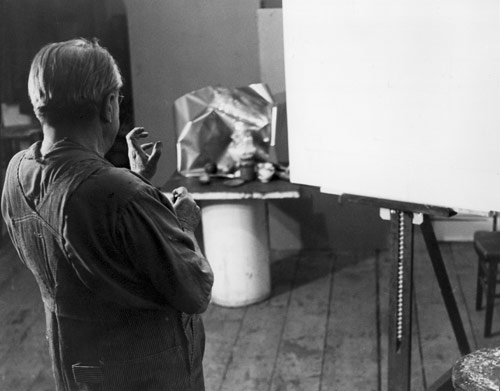When someone seeks help for an addictive behavior, he or she has reached the end of a long, chaotic road. His emotional pain and experience of defeat can be extreme.
When does an individual’s interactions with a substance or activity become “addictive”? It is certainly a complicated question. Favorite explanations refer to brain chemistry, a genetic predisposition and / or trauma. People who have suffered from childhood neglect, emotional, sexual or physical abuse frequently, though not always, struggle with addiction. The truth is we don’t have satisfactory explanations for why some peoples’ drinking leads to self-destructive, and even, anti-social behavior.
Despite various serious interpersonal, health, legal and emotional consequences, individuals fight to maintain the belief that they remain in control. They try to exert extreme will-power to prove to themselves, and others, that their calamitous behavior were anomalies and won’t happen again. They attempt to limit the frequency or amount of alcohol they use. Perhaps, after binging and purging, a housewife renews her commitment to a “positive” pattern of exercise and avoids her “trigger foods”. Perhaps she will employ stimulants or laxatives. Unfortunately, she stops short of acknowledging that she has lost control.
For those caught up in addictive behavior, they must become willing to acknowledge their loss of control, i.e., they don’t have the power to resist the effects of the substance or behavior. But abstinence is only the first step in a process of changing how we relate to ourselves and others. At this point, one must come to terms with the nature of our addictive process. That requires much self-examination and a mindful attitude re: one’s emotions, thoughts and relationships. Someone caught up in an addictive process must acknowledge that he needs help. He must change his lifestyle.
Freeing oneself from compulsive behaviors requires an honest admission of the effects it has on one’s life. One must conclude that we no longer has power to control the substance or behavior. Our lives and those we love, suffer on account of our addictive patterns. It can be a painful journey to find this conviction. And we must be willing to find an alternate means of regulating our emotions.
______________________
Please visit my contact page for my schedule.
Request a consultation
David Henning, MFT
126 Church Street
San Francisco, CA 94109
(415) 852-8484
dhenningmft.SF@gmail.com

